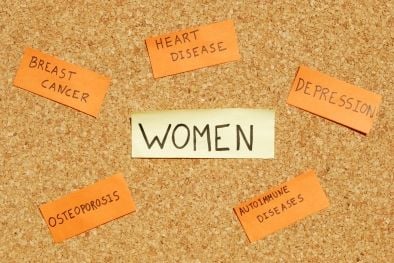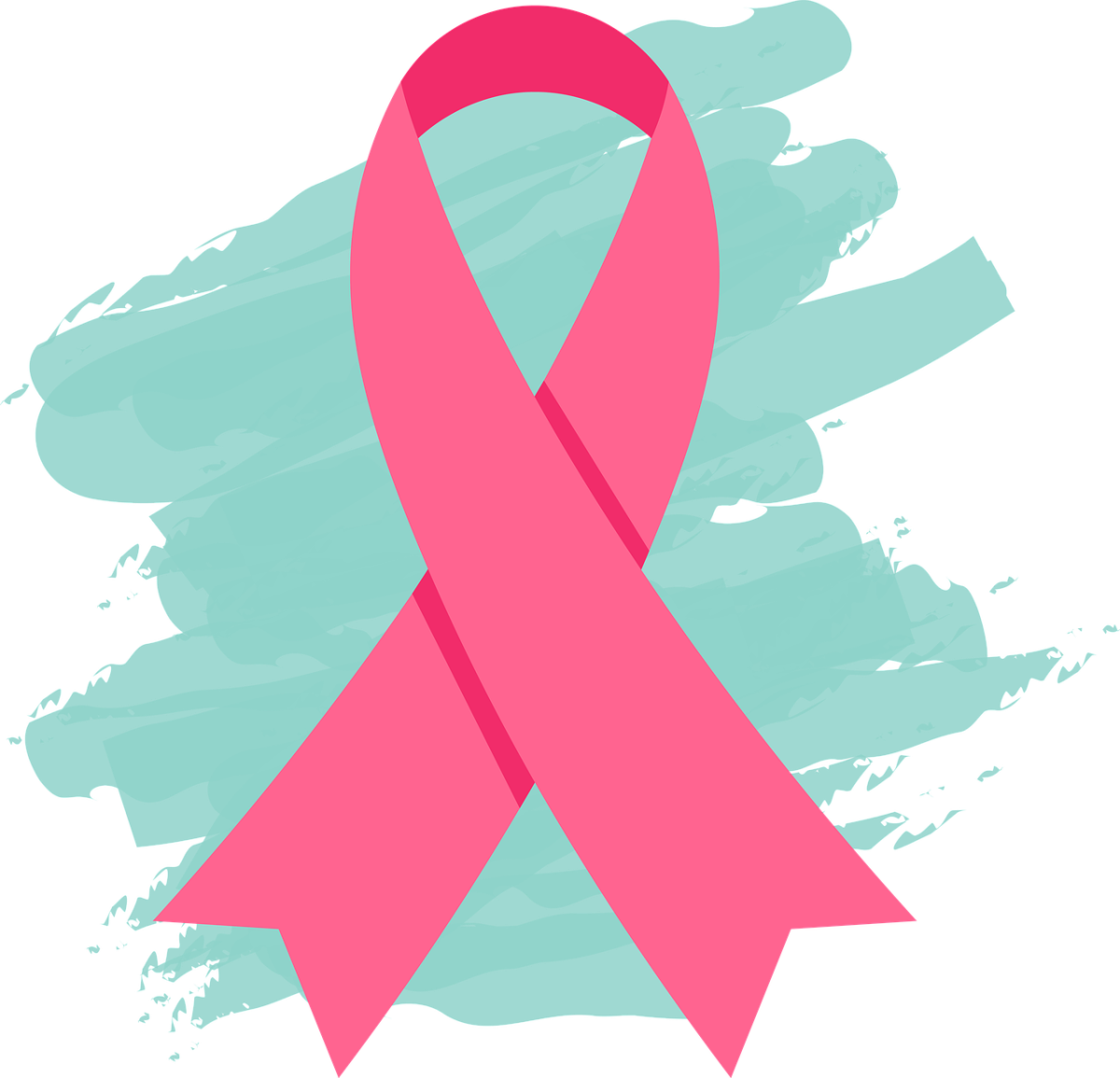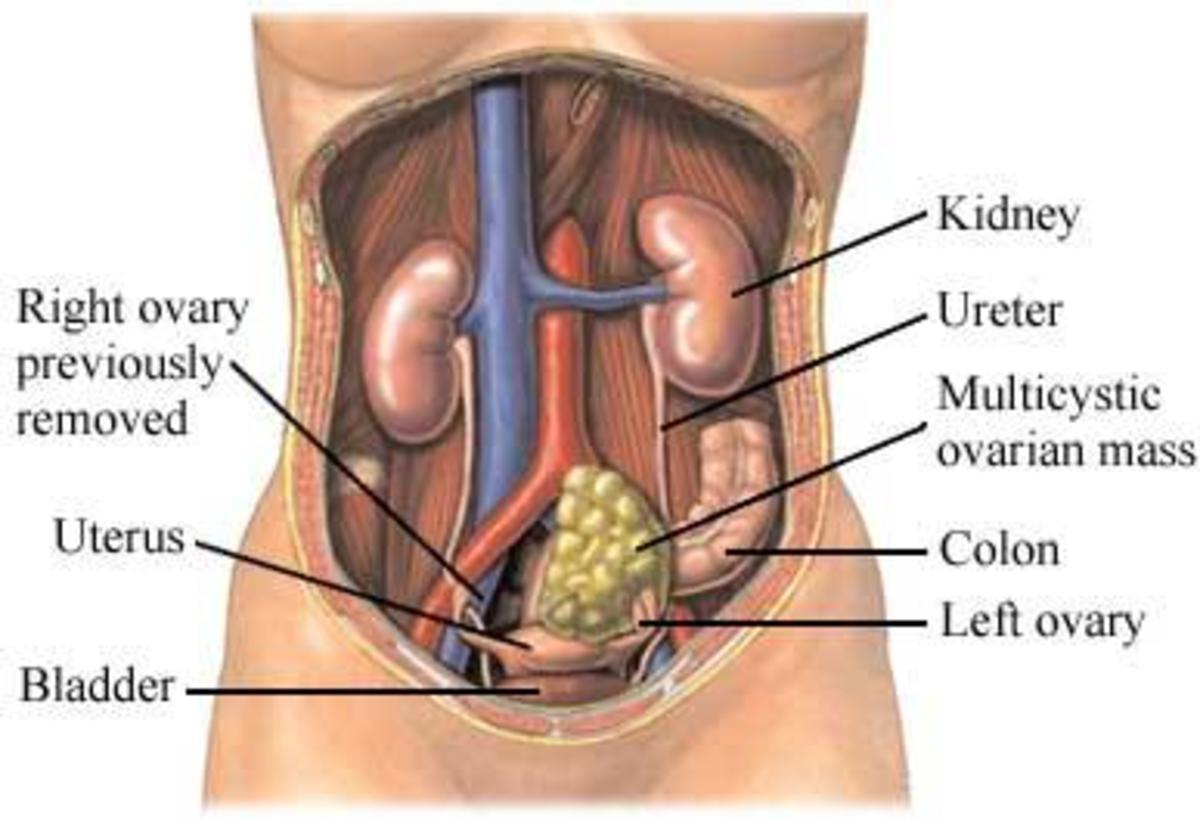Interesting Discovery About Breast Cancer Risk Factors
I suspect they meant waist size.

An Upward Change in Skirt Size Increases Risk of Breast Cancer by 30%
As a public health educator, I knew that obesity was a strong risk factor for breast cancer. Previous studies compared overweight women to normal weight women, seeking a link between overweight and the incidence of breast cancer. When the results of this study were published, it showed that, for the first time, researchers had focused on weight gain as a risk factor. I learned the risk factor of weight gain over time is far stronger than we realized. As with all scientific research, while the results often answer some questions, they frequently raise new questions. This study certainly raised some questions.
An increase of just one skirt size (I would have said waist size) each decade between a woman's 20s and 50s increases the risk of post-menopausal breast cancer by 33%. It gets worse: a change of two sizes increases the risk by 71%. It was predicted, based on then-current incidence of disease, that approximately 230,000 new cases of breast cancer would be diagnosed during the following year. During Breast Cancer Awareness Month each October, both of these findings should draw far more attention than they probably would at any other time of year.
Large Sample Size Yields Trustworthy Results
According to Dr. Usha Menon, one of the co-principal investigators (co-PI), this study followed 92,834 women. The women were asked what skirt size they wore during their 20s, 30s, 40s, and 50s. To allow for any confounding factors, they were also asked about the number of pregnancies and concomitant (associated) weight gain, history of smoking and/or drinking, use hormone replacement therapy (HRT), and family history of ovarian cancer or breast cancer.
Often sample size (the number of people in a study) is too small to yield statistically significant results. This study, however, had a large sample size, which made the results far more impressive. During the study, 1,090 (1.2%) of the 92,834 study subjects developed breast cancer. Without getting out my old statistics textbooks and doing a quick refresher course, I would say this is significant. When looking at incidence of disease among adults, we generally look at the number of cases per 100,000. In round numbers, this study found almost 1,100 out of almost 93,000 to develop the disease in the course of the study. The number of study subjects who will develop the disease in the future, of course, remains unknown.
A Poll About Skirt Size
What skirt size did you wear in your 20s?
How Does Fat Contribute to the Development of Cancer Cells?
That is the $64,000 question. We know that what has been called "toxic fat" tends to collect around the abdominal area. We also know from earlier studies that abdominal fat is more active metabolically than other fat. It has been suggested that chronic inflammation (frequently caused by sugar and other carbohydrates) may be a factor, as well as insulin resistance and gender-specific hormones.
Future research should answer some of these questions. If this issue is important to you, please let your senators and house representatives know your preferences on scientific research. Also, please participate in some way in Breast Cancer Awareness Month every October.
A Poll About Your Current Skirt Size
What Skirt Size Do You Wear Now?
What's a Girl to Do?
I was a size 4 when I married my husband 30 years ago. While I am still smaller than many of my friends and relatives, I am a bit larger around the abdomen and hips than I would like to be. Larger than is healthy. I would love to be back to a size 4 or even a 6 or 8.
For us older women, it's not necessary to try to look as you did in high school or college. It is, however, necessary to reduce your waist size as much as possible. You will feel better and have more energy. Losing just 10 pounds reduces stress on your weight-bearing joints.
For younger women, please stay active and try to maintain a steady weight as you grow older. If you are already overweight, change your lifestyle, not only to look and feel better, but for those who love you. They want you to stay around for a long time.
The Most Common Health Problems Among Women

A Poll About Age -- No One Will Know Who You Are
What is Your Current Age?
Women are More Afraid of Breast Cancer Than Heart Disease
As a public health professional, I witnessed the fear of breast cancer among women alongside their almost blaise attitude toward heart disease. For a long time, I marveled at the way we ignored the fact that heart disease kills far more women than cancer. Then, I got it.
Heart disease is boring; its prevention requires us to take responsibility for our health. It has some risk factors about which we can do nothing: age, race, gender, family history. It also has some risk factors that we can and should control: poor diet, physical inactivity, smoking, exposure to secondhand and sidestream smoke. These are things that require us to take charge -- to make some changes we'd rather not make. We know we can and should make health-related behavioral changes. We frequently promise ourselves we will -- on Monday, or after the holidays, or after the big party, etc.
Breast cancer, on the other hand, is really scary. It seems to attack without warning. Only 10% of women who get breast cancer have a family member who has also had the disease. Most of its risk factors are the kind we cannot control: small frame, age, race. So we live in fear of this dreaded disease that appears to strike at random. Add to that, the fact that breast cancer attacks one of the things many of us believe defines us as women. That, I believe, is why we are more afraid of this disease than of heart disease. The results of this study show that prevention of breast cancer also requires us to take responsibility for our own health.
In the mid-1990s, I believed I had breast cancer. Thankfully, it was a benign cyst, but while waiting for test results, I was panicked. My wonderful husband assured me, saying, "Honey, I married you, not your boobs!" Fortunately, I was secure in my femininity, but many women are not. Many women have such low self-esteem, they believe if they lose their "looks" they will have lost everything. As women, we should be supportive of each other, and look forward to the day when no woman believes she is nothing without her looks.
About the Author
I hold a bachelor's degree in psychology from the University of Alabama at Birmingham, and a master's in public health from the University of North Carolina at Greensboro. My concentration of studies was cardiovascular disease (CVD) prevention and epidemiology. During grad school, I designed the evaluation instrument for the Forsyth County Cancer Screening Program (FoCaS), a breast cancer prevention program targeting older, low income, uneducated women. As an undergraduate, I was the data coordinator for the Alabama Breast Cancer Study Project, a 10-year longitudinal study comparing radical mastectomy with simple mastectomy and adjuvant chemotherapy.
As a post-graduate, I went on to be a part-time instructor at UNCG until grant funding ran out, then director of Community Partnership for Dental Health, a public health dental clinic, also in North Carolina. That was another deviation from CVD, but that is one of many good things about public health. It offers a huge array of career opportunities.
This content is accurate and true to the best of the author’s knowledge and is not meant to substitute for formal and individualized advice from a qualified professional.
© 2014 MariaMontgomery






